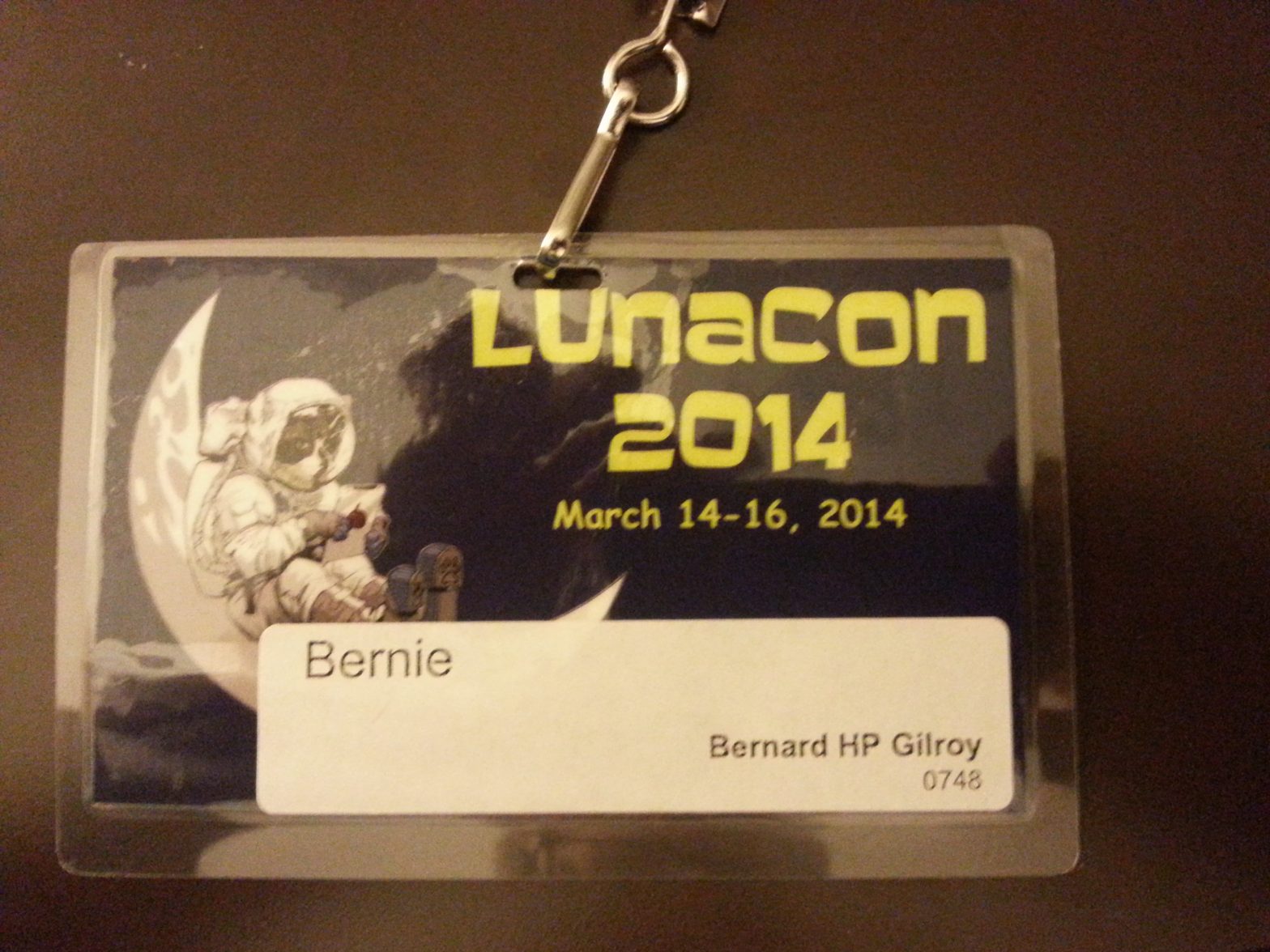Saturday 11 AM Odelle
Panelists: Walter Hunt, David Sklar
This was not especially well-attended: at first, just the panelists and me. By the end, another 6 or so people had shown up. First panel on a Saturday is probably a dead zone.
There were really two topics to be discussed:
- How is a story paced?
- How do you elide the unnecessary details while avoiding info-dumps?
As an example of an author messing with time sense well, one panelist offered up Dirk Gently’s Holistic Detective Agency. The other came back with Slaghterhouse Five. I thought of Catch 22.
My personal observation: We are very much a cinematically-informed people now. How can you evoke the equivalent of time-lapse photography or bullet-time effects?
- Interestingly, to convey speed, it’s important to avoid detail.
- You might plot out every intricate movement in the sword fight, but long paragraphs slow down the reader’s time sense.
- Short but evocative phrases can heighten tension.
- Creative use of punctuation can control time-sense too.
- Indicating jumps in time without explicit title-carding is possible but tough.
- For longer jumps, you can use subliminal clues, such as mentioning that a city is inaccessible except by boat in one period, then commenting on the new railroad opening in another.
- Sometimes you can use fashion or manners to indicate the discontinuity.
- It can be helpful to encounter the older versions of characters from earlier in the timeline.
- How do you ensure the reader doesn’t get lost? Or how do you lose them constructively, if that’s the point?
How do you signal (to editors or readers) that you’re making a stylistic choice and not just being lazy?

Leave a Reply
You must be logged in to post a comment.